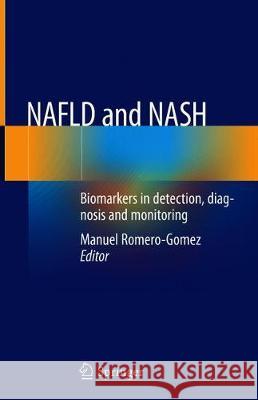Nafld and Nash: Biomarkers in Detection, Diagnosis and Monitoring » książka
topmenu
Nafld and Nash: Biomarkers in Detection, Diagnosis and Monitoring
ISBN-13: 9783030371722 / Angielski / Twarda / 2020 / 236 str.
Nafld and Nash: Biomarkers in Detection, Diagnosis and Monitoring
ISBN-13: 9783030371722 / Angielski / Twarda / 2020 / 236 str.
cena 483,04
(netto: 460,04 VAT: 5%)
Najniższa cena z 30 dni: 462,63
(netto: 460,04 VAT: 5%)
Najniższa cena z 30 dni: 462,63
Termin realizacji zamówienia:
ok. 16-18 dni roboczych.
ok. 16-18 dni roboczych.
Darmowa dostawa!
Kategorie BISAC:
Wydawca:
Springer
Język:
Angielski
ISBN-13:
9783030371722
Rok wydania:
2020
Wydanie:
2020
Ilość stron:
236
Waga:
0.45 kg
Wymiary:
23.88 x 16.51 x 1.52
Oprawa:
Twarda
Wolumenów:
01











